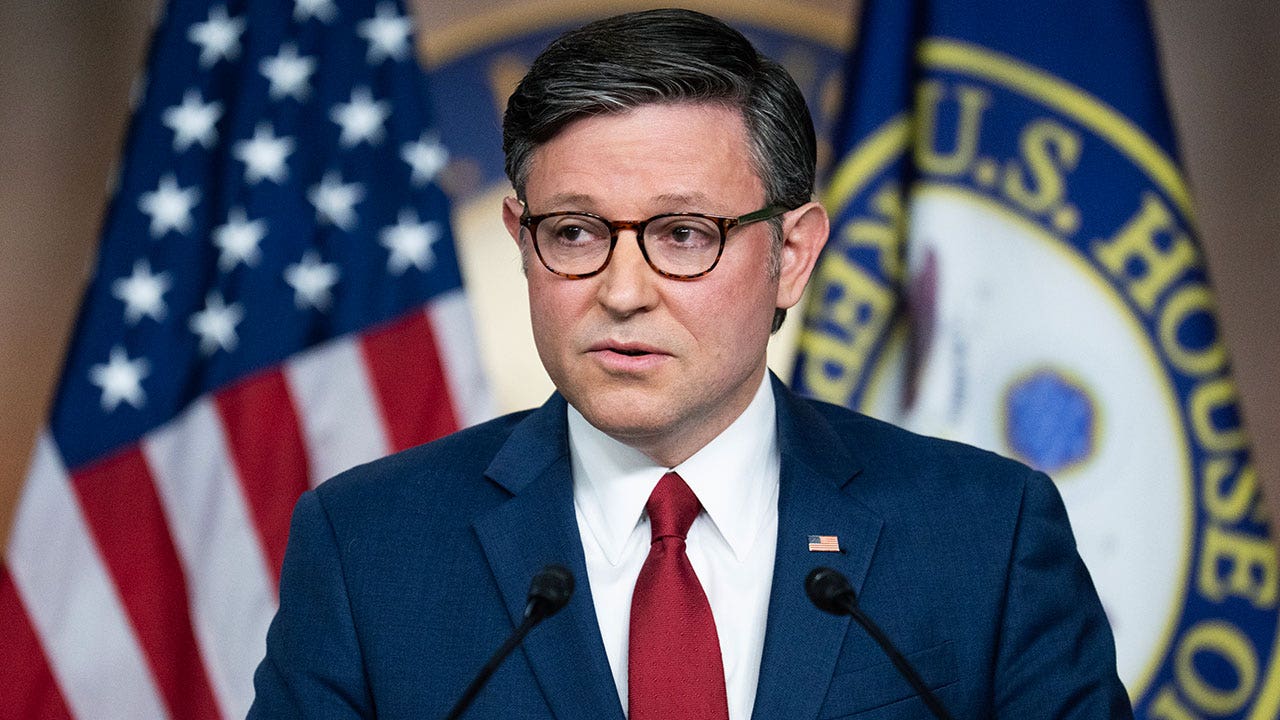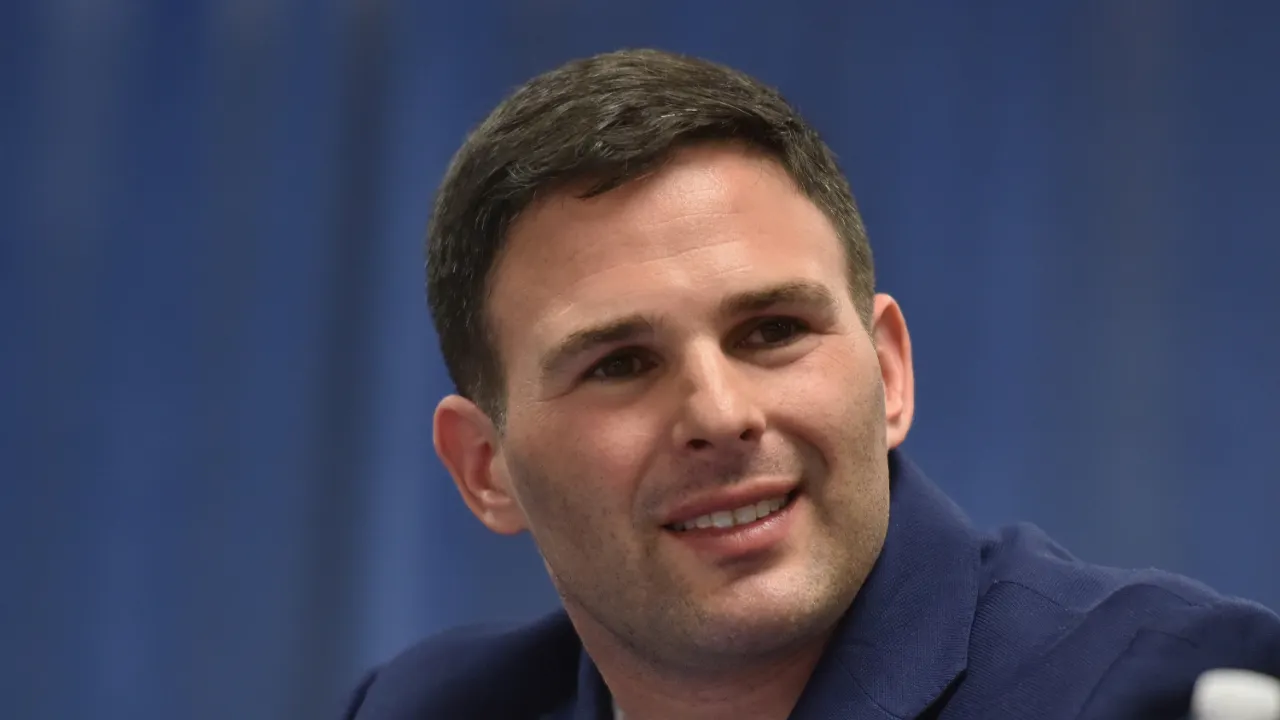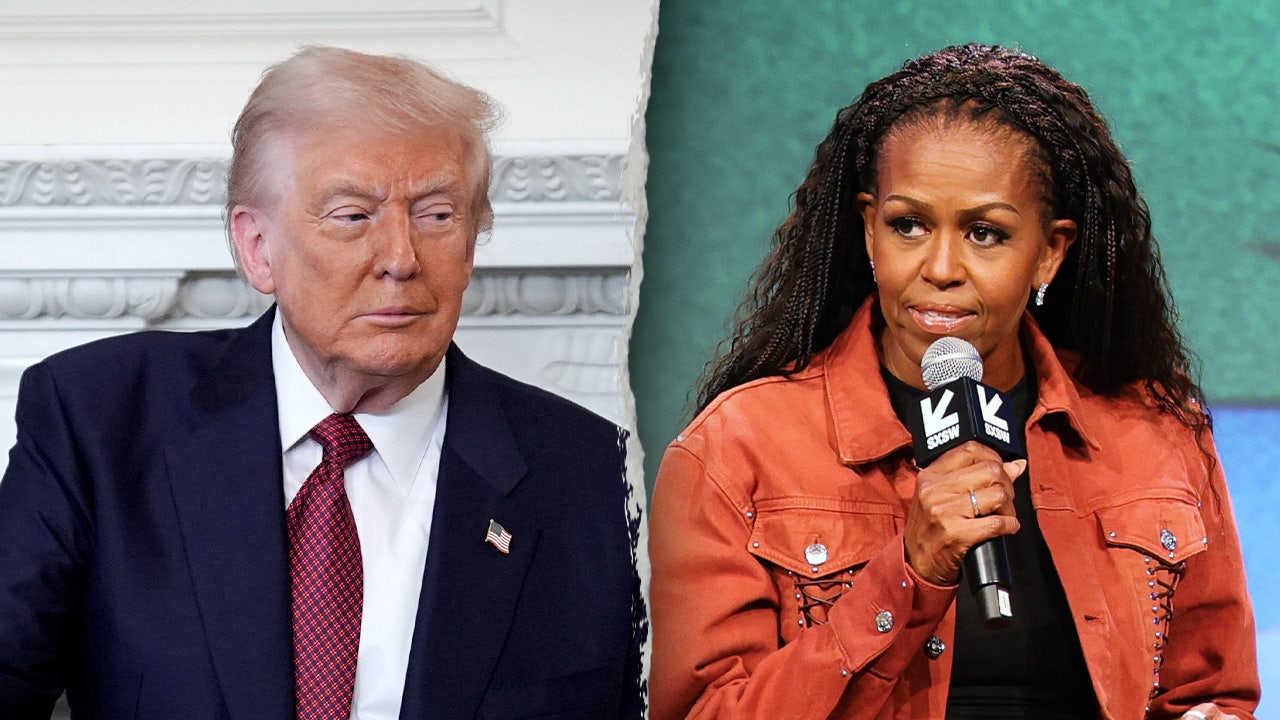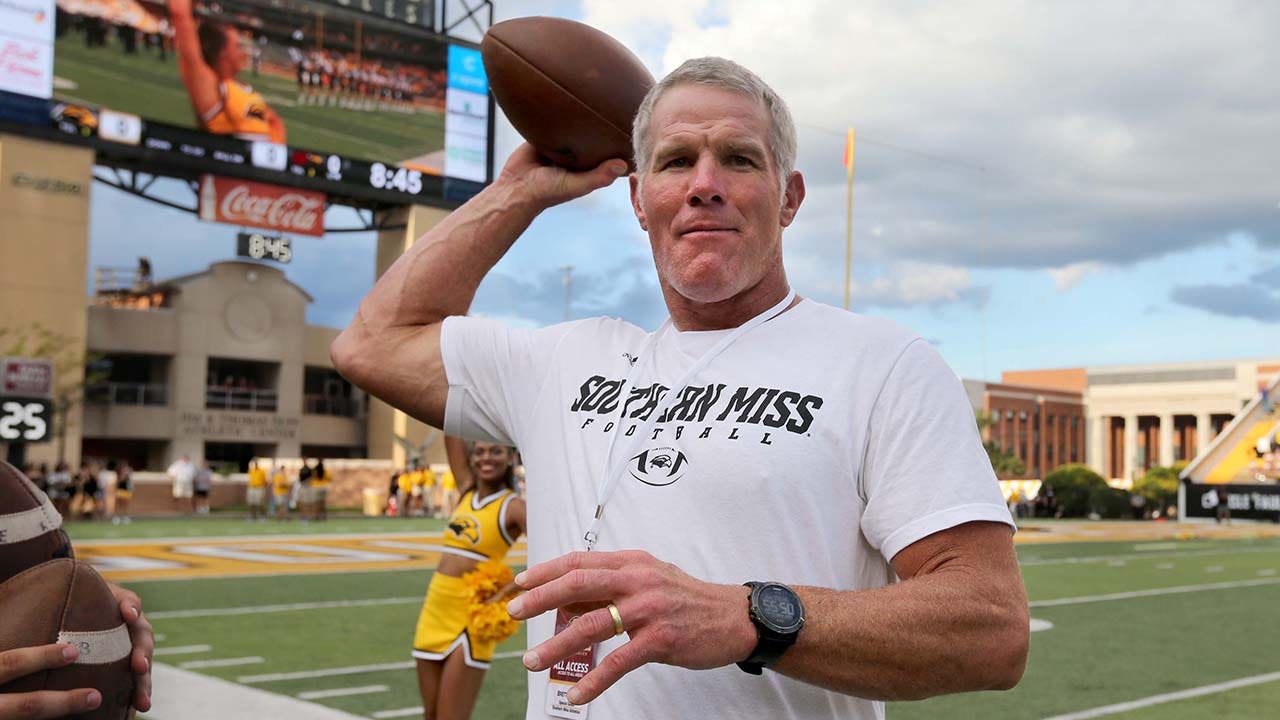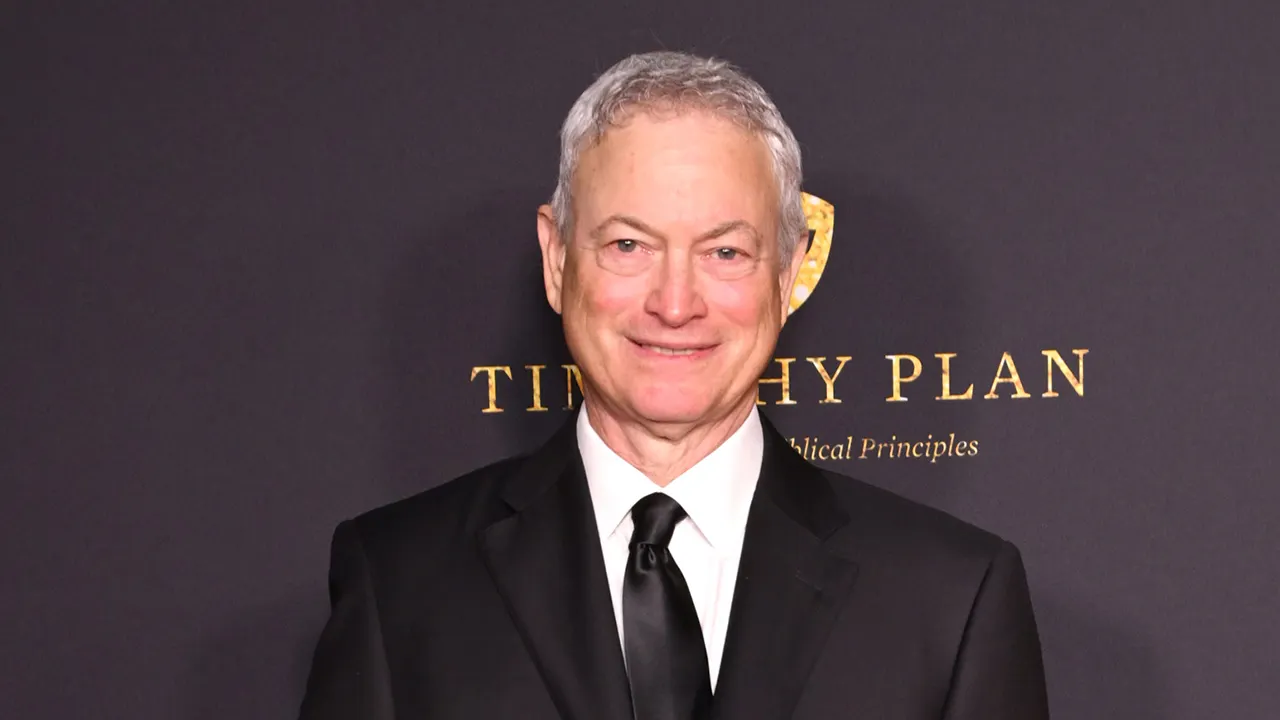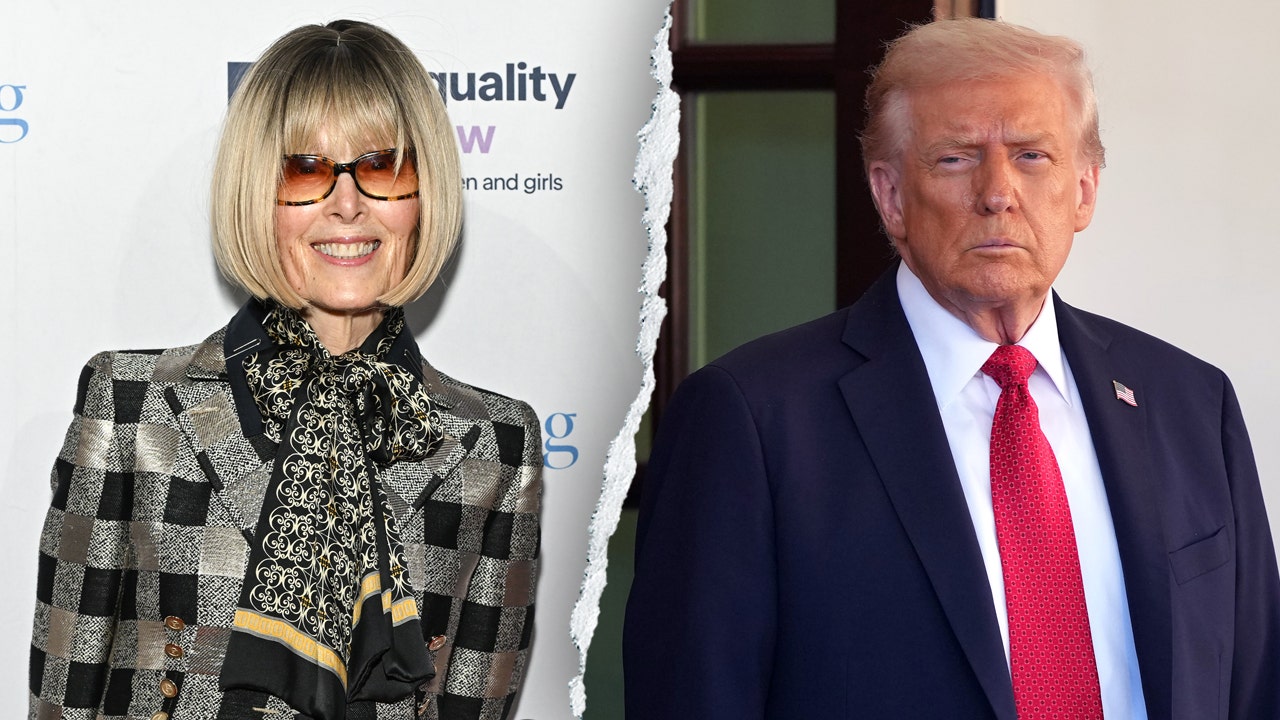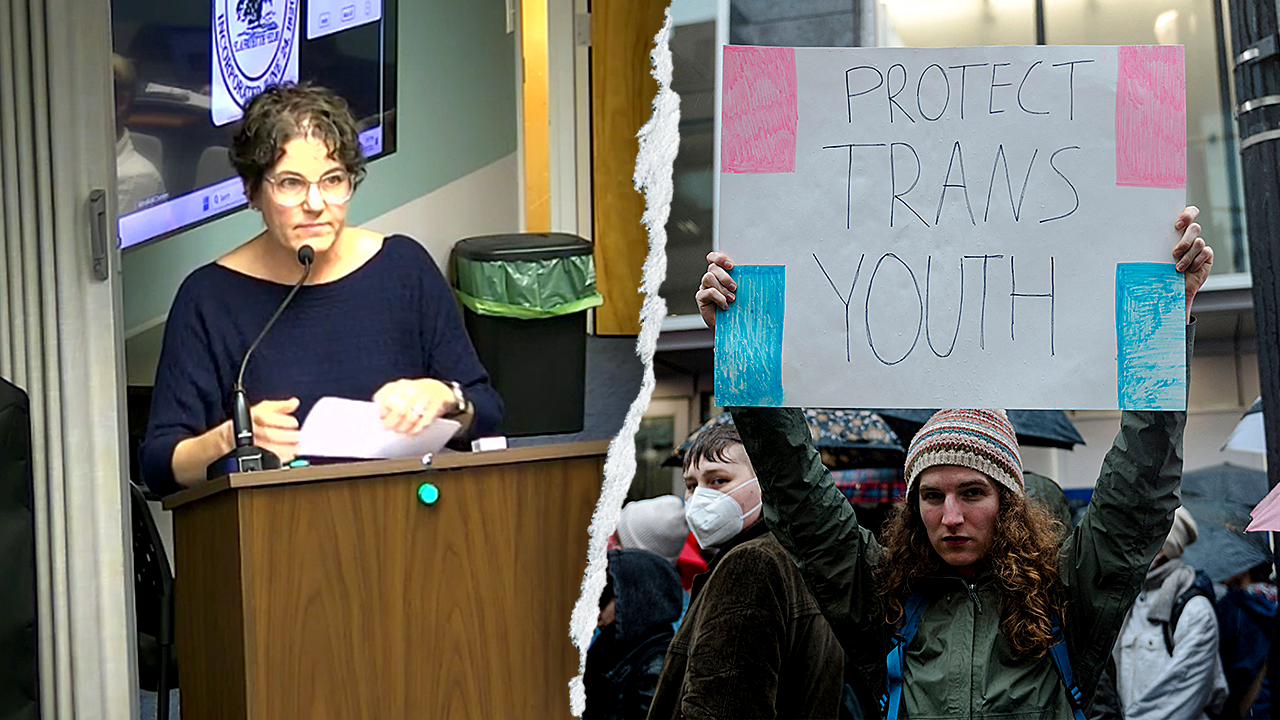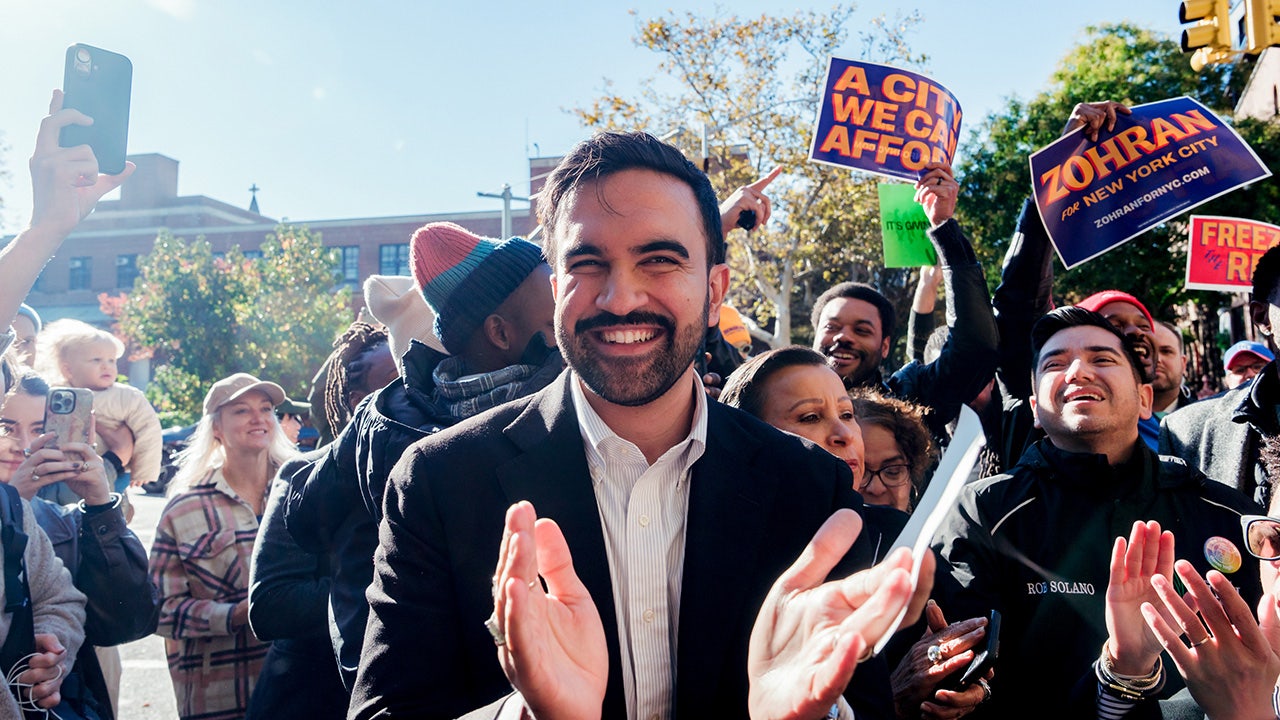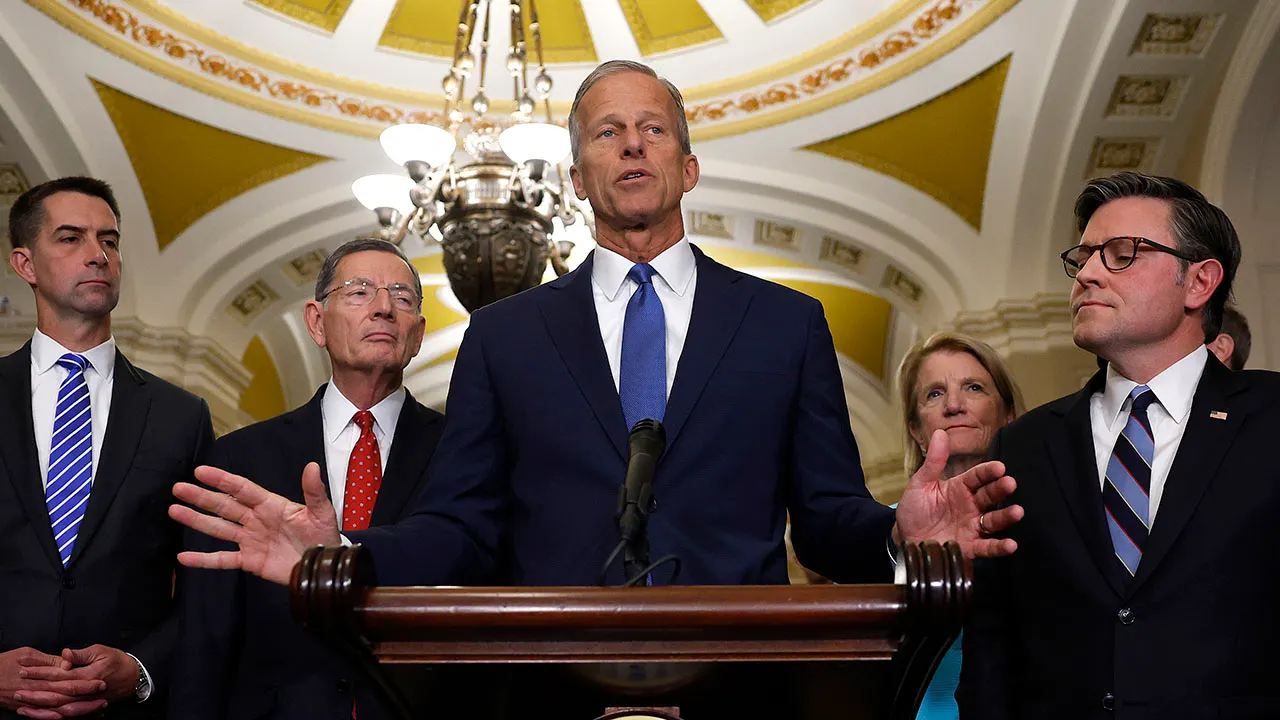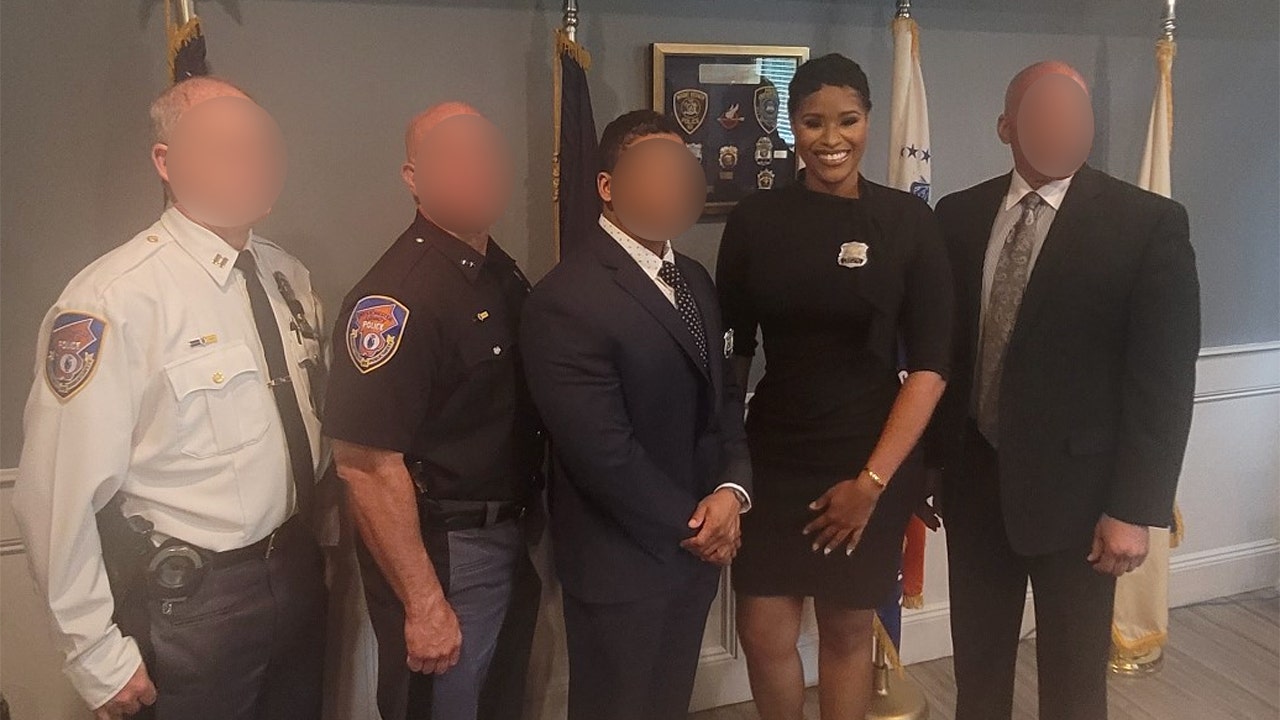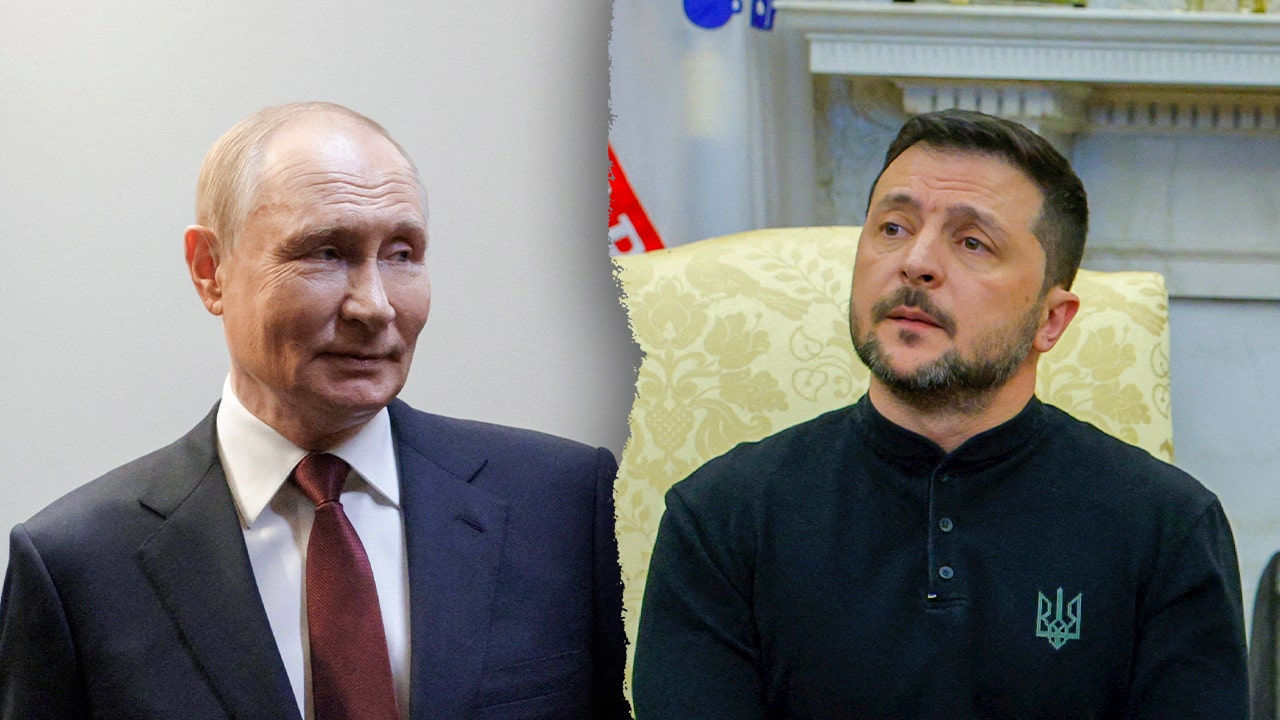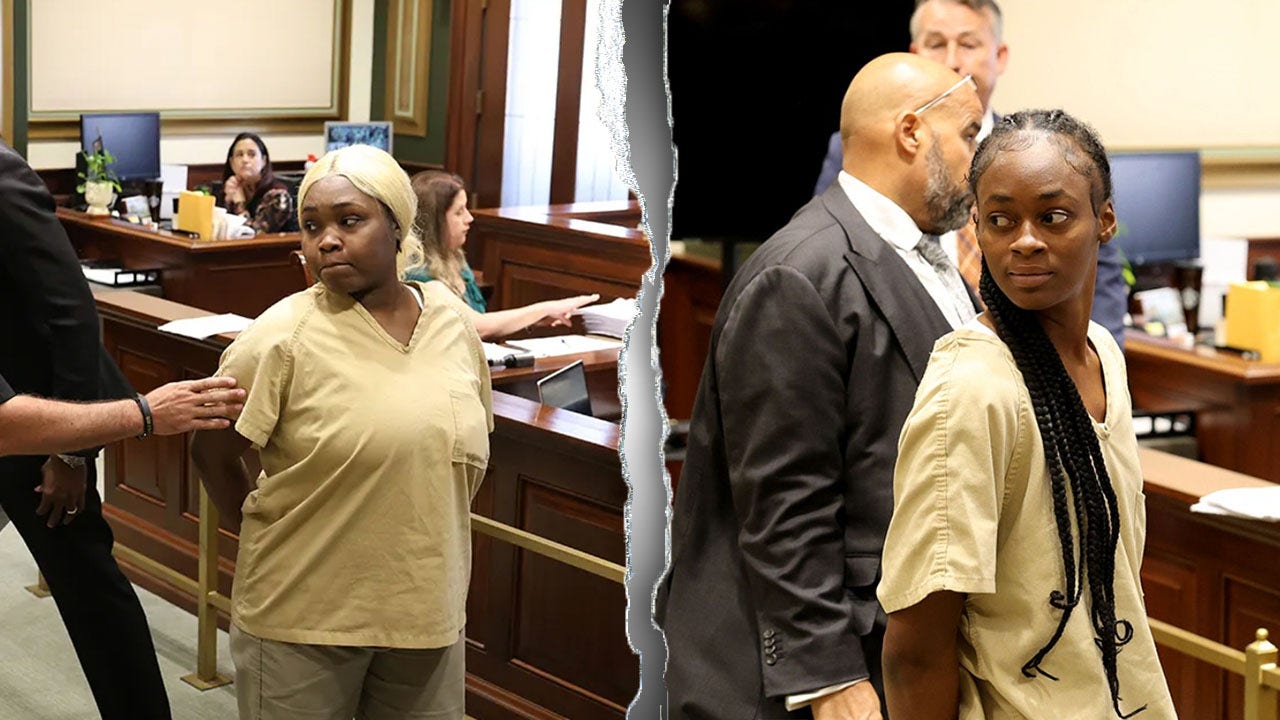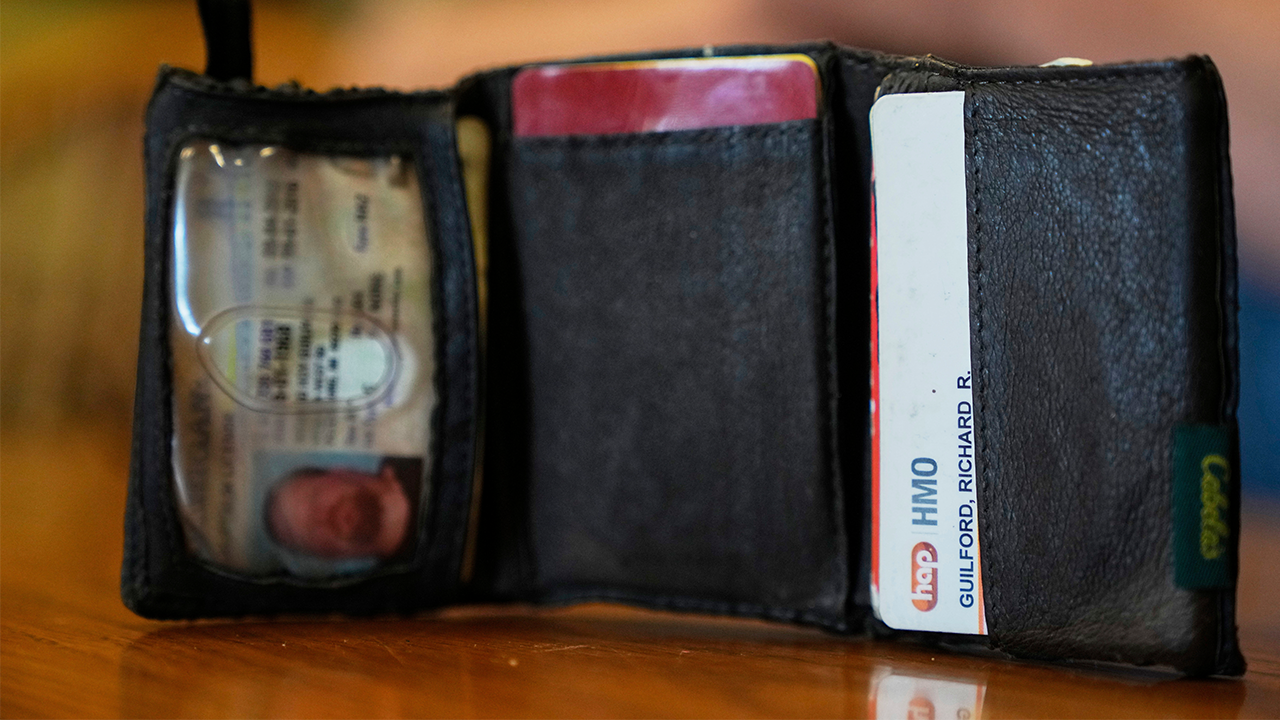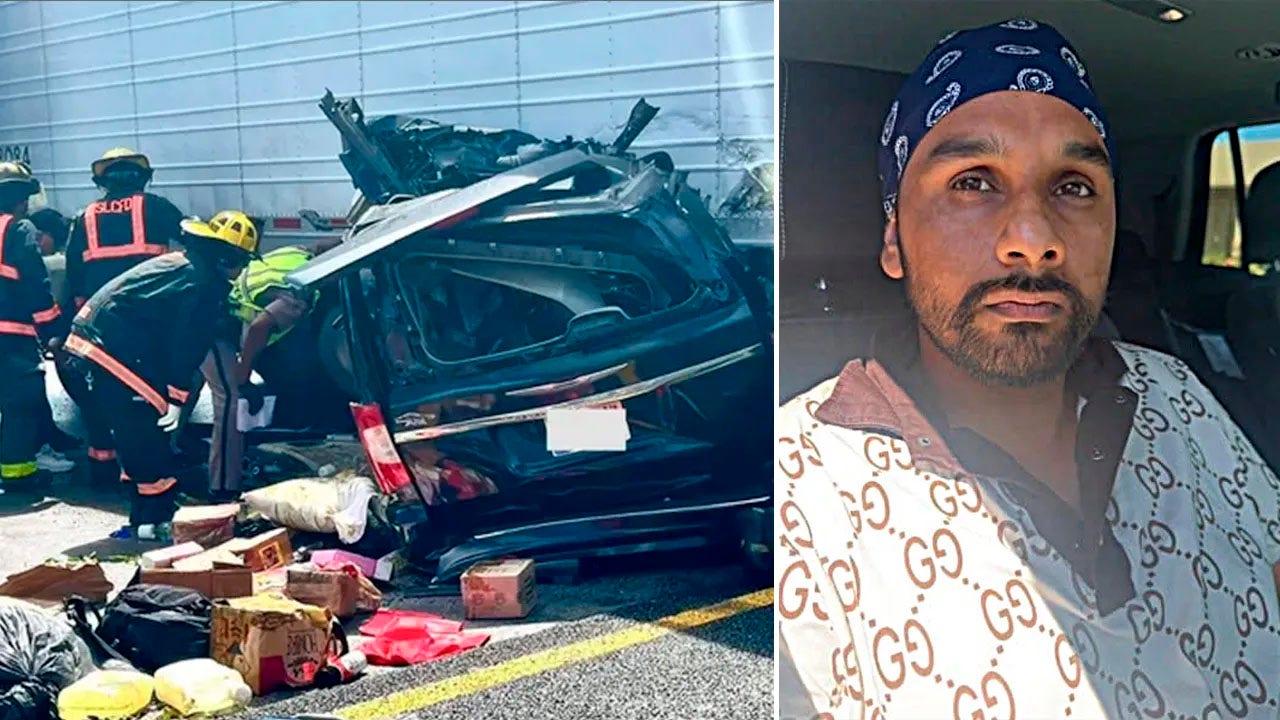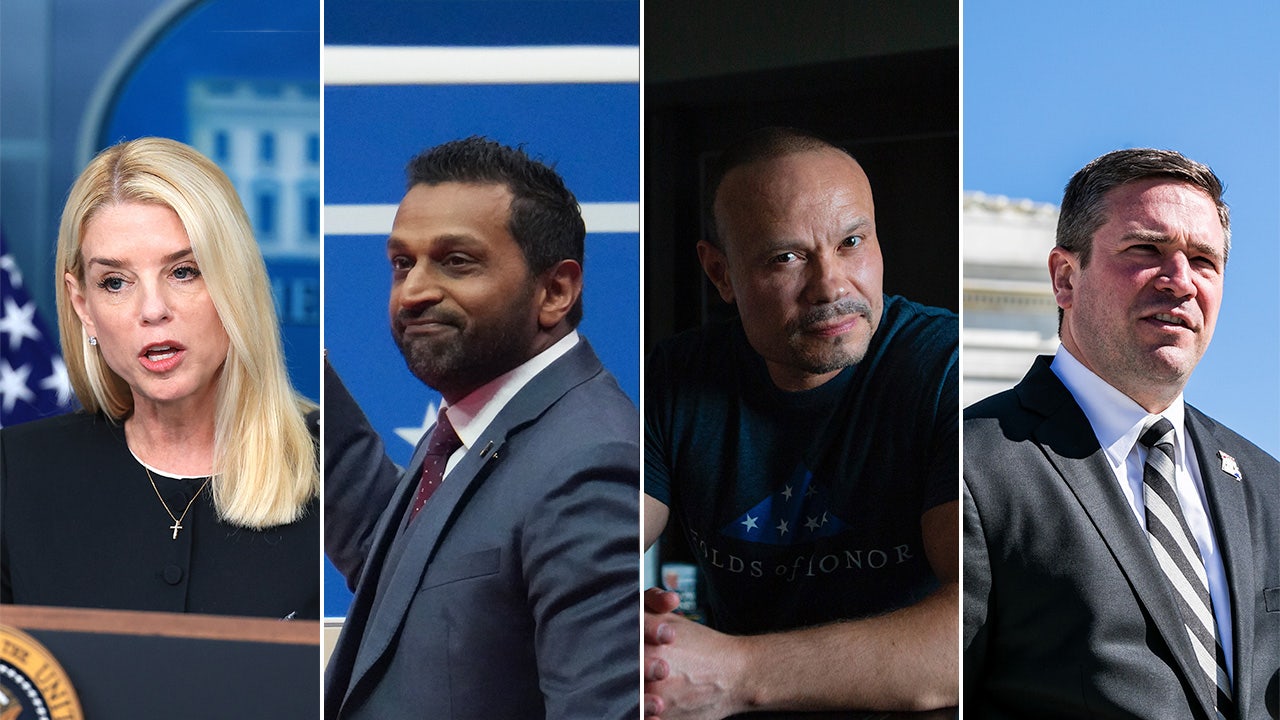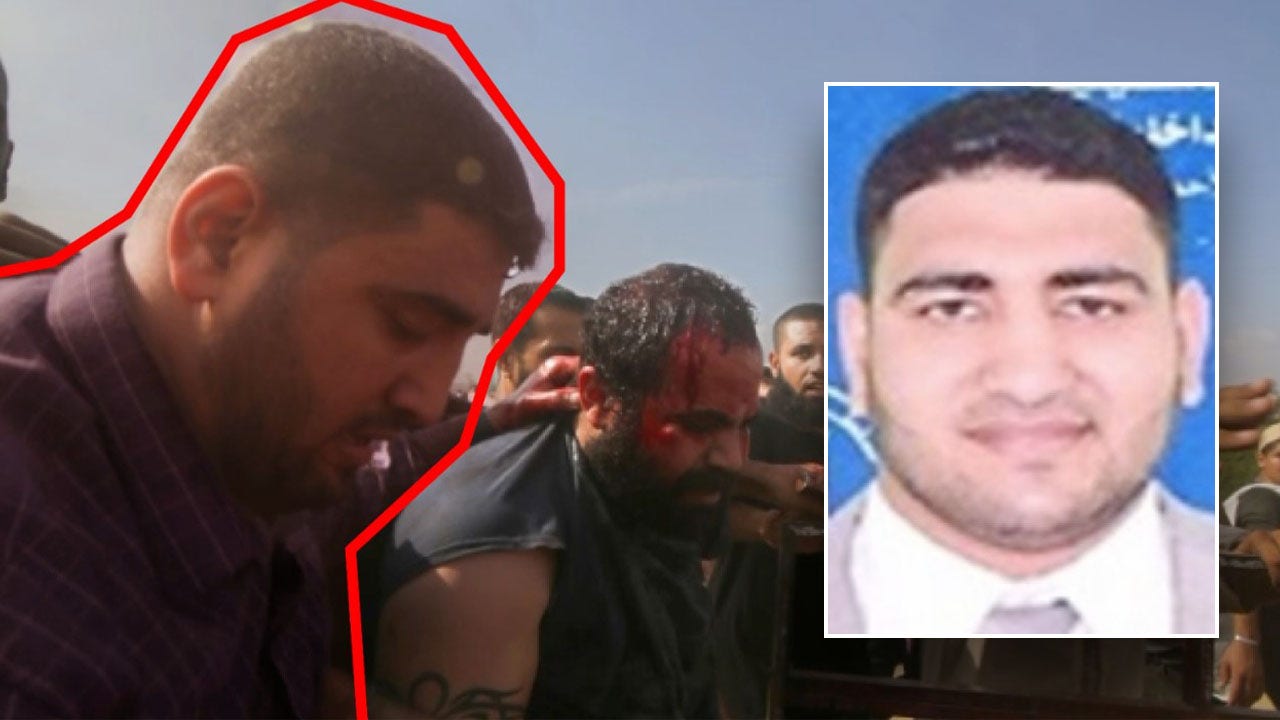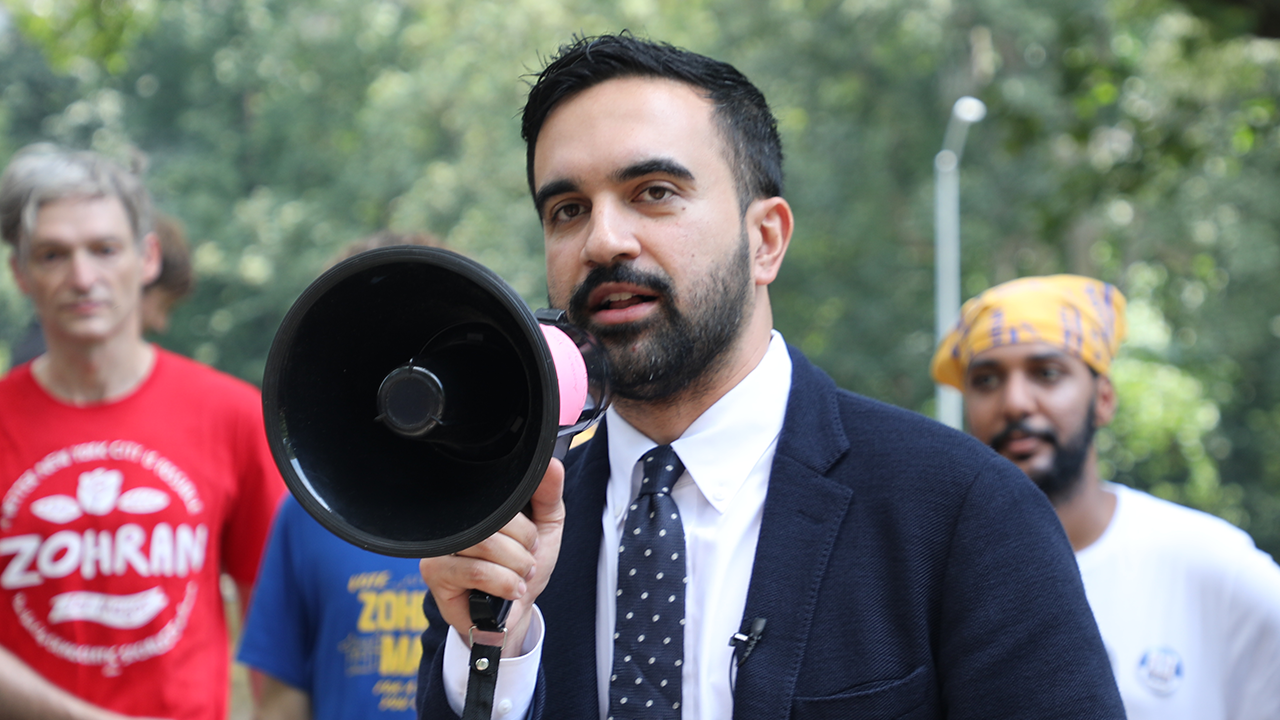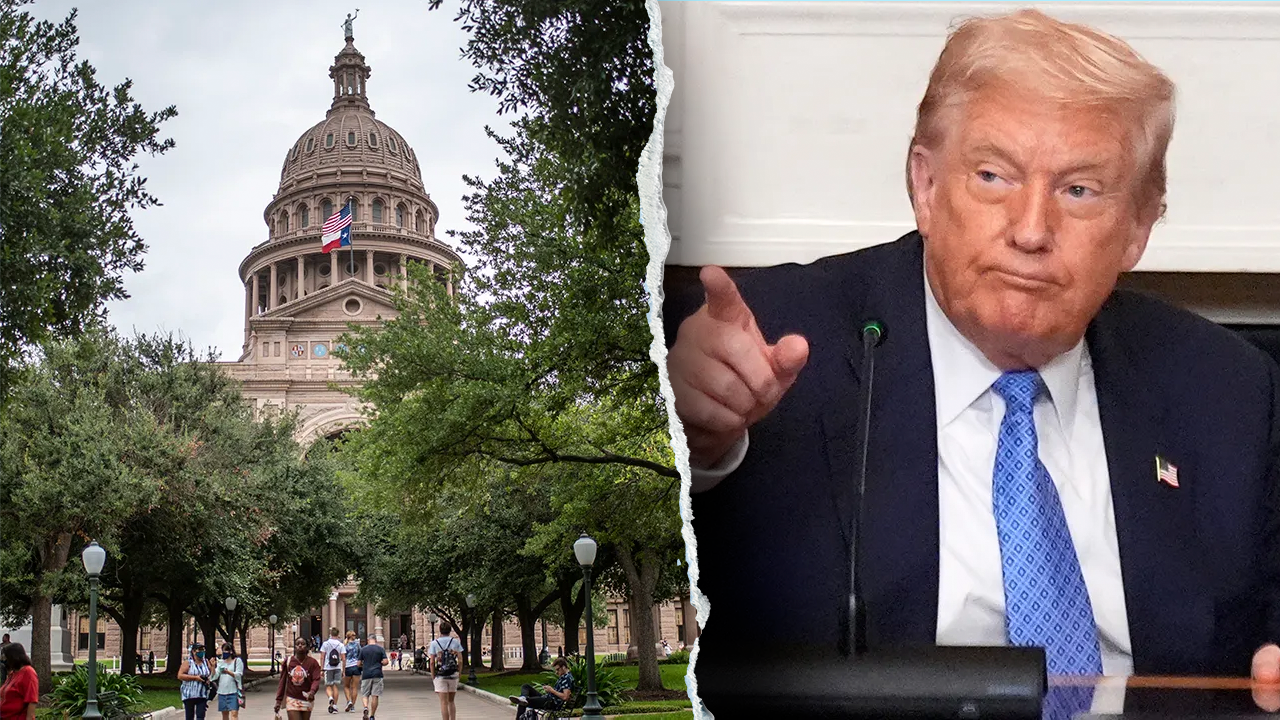NEWYou can now listen to Fox News articles!
For more than three decades, I had the honor of serving our country in uniform. I led soldiers at home and abroad. I commanded U.S. Cyber Command and the National Security Agency through some of the most complex technological shifts in our history.
But the transition that came after my time in uniform came to an end was its own kind of mission. The structure, tempo and identity that comes with military service doesn’t simply disappear when you step out of it. The day you enter civilian life, you begin a new chapter – and you’re expected to write it while you’re living it.
Every year, more than 200,000 service members make that same transition. And nearly half of post-9/11 veterans say it was harder than they expected – not because they lack discipline or talent, but because translating your experience into civilian terms can be difficult.

The most effective step we can take now is simply ensuring that veterans have access to ChatGPT and other AI tools shaping the modern workplace. (iStock) (iStock)
A résumé doesn’t capture what it means to lead a team under pressure, to problem-solve when the stakes are high, to adapt quickly to new environments. Those skills should be valued, but they don’t always come across on paper.
THIS VETERANS DAY, LET’S DO MORE THAN JUST SAY ‘THANK YOU’ TO OUR NATION’S HEROES
Our country has faced this challenge before. After World War II, millions of returning veterans needed to build new careers in a fast-changing economy. We didn’t tell them simply to figure it out on their own. We passed the GI Bill. By 1947, veterans made up nearly half of all college students in America.
That investment didn’t just help veterans – it helped build the modern U.S. middle class, powered the space race, and produced more than 90,000 scientists and nearly half a million engineers. Veterans didn’t need a handout. They needed a pathway – and when they got it, they built the future.
We saw this again after Iraq and Afghanistan. The Department of Veterans Affairs’ VET TEC program helped more than 20,000 veterans train for jobs in software development, cybersecurity and IT. When given the opportunity, today’s veterans – like the Greatest Generation before them – have learned new skills and worked to build stable futures for them and their families.
Now, we are at another inflection point. Artificial intelligence is reshaping nearly every industry – from logistics to healthcare to national security. Employers are not just asking for AI skills; they are prioritizing them. The number of job postings explicitly requesting AI fluency has tripled in the last year.
I COMMANDED AN F-35B SQUADRON. PEOPLE WIN WARS, NOT TECHNOLOGY
A recent OpenAI poll found that three-quarters of small businesses say AI skills will be critical to their future. More than 70% of business leaders say they would rather hire a less experienced candidate who knows how to use AI than a more experienced one who doesn’t.
This isn’t about replacing people. Research from MIT and Stanford shows that AI tools increase productivity by 15% – and by more than 30% for workers who are newer to a field. That matters for veterans stepping into new roles, new language and new environments. AI can help level the playing field. It can help translate experience. It can help unlock the skills veterans already have.
Veterans do not need handouts. They don’t want them. What they deserve – and what this country must enable – is a fair shot at the jobs of the future.
That is why OpenAI is launching a new promotion for veterans and service members in transition. We’re giving every service member in their final year of active-duty, and every veteran in their first year after completing service, one year of ChatGPT Plus at no cost. Along with it, we’re offering onboarding designed by veterans at OpenAI, examples tailored to real transition tasks, and guidance through the OpenAI Academy.
D-DAY VETERANS' STORIES LIVE ON THROUGH AI AT THE NATIONAL WORLD WAR II MUSEUM
This is simple, practical support for the work veterans are already doing:
- Writing and translating résumés into civilian terms
- Practicing job interviews
- Learning new technical skills
- Understanding benefits and education options
- Planning for housing, relocation and finances
- And – importantly – getting help at any hour, without waiting for an appointment
The leadership, teamwork, adaptability, and sense of mission that veterans possess do not fade when they leave the service. They evolve. The question is whether we, as a nation, evolve with them.
CLICK HERE FOR MORE FOX NEWS OPINION
Thankfully, we don’t need to reinvent anything. Veterans already know how to learn fast and adapt under pressure. The most effective step we can take now is simply ensuring they have access to ChatGPT and other AI tools shaping the modern workplace.
As someone who has navigated this transition myself, I can say with confidence that this is a straightforward way to keep faith with those who served – and to prepare them to lead again, this time in the economy of the future.
CLICK HERE TO GET THE FOX NEWS APP
Paul Nakasone is a retired four-star Army general who served as the commander of U.S. Cyber Command.

